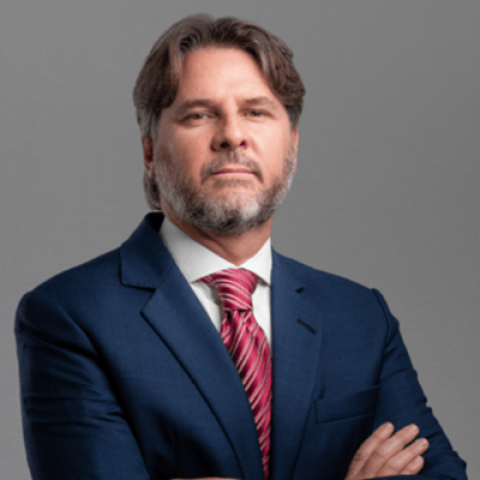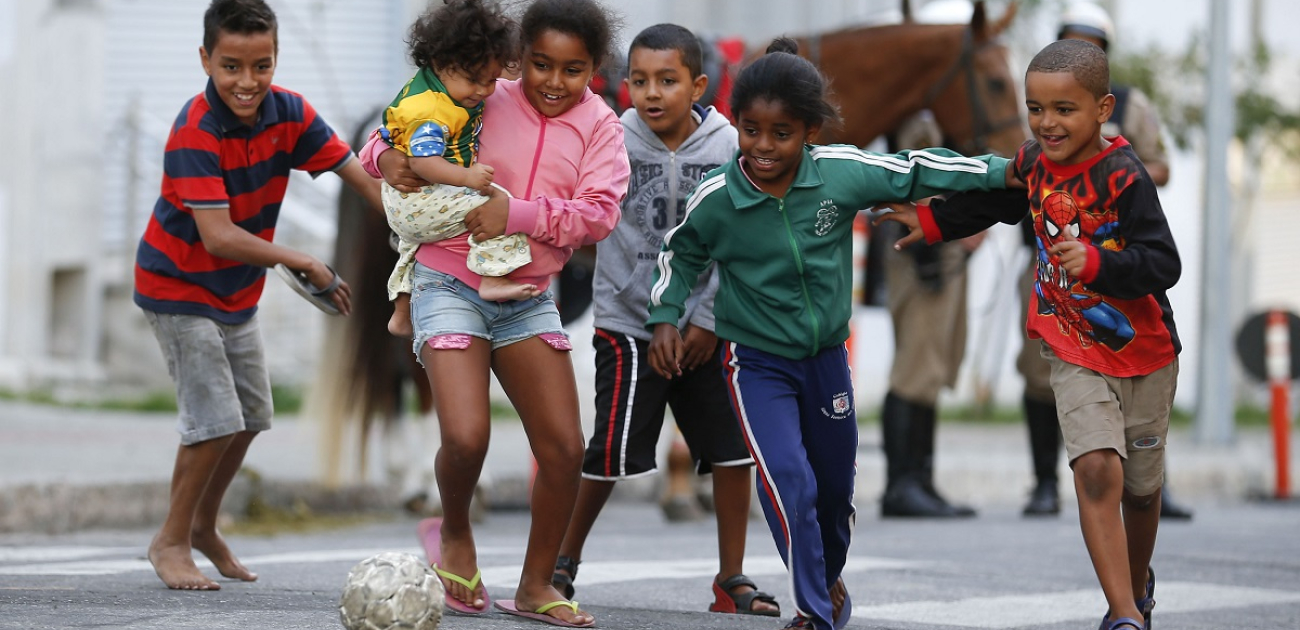Football and Funk: Activities that Should Be Part of the Nation's Reconstruction Project
It is becoming fashionable to publish open letters to the President-elect, coming from the most distinguished and qualified sources: some with technical and structured ideas, others with personal desires.
Thus, from Arminio Fraga, Edmar Bacha and Pedro Malan, exponents of the country's economic intelligence, to the writer and journalist Marcelo Rubens Paiva, an attempt is made to communicate, or rather communicate, through those means, with the future Central Power.
The moment is right, because, in addition to the ongoing transition process, projects and policies are being devised, starting from and around Lula, that will mark (or not) his third (and most important) mandate.
At the same time, it is also time to review mistakes that accompany, in some way, the history of the New Republic, in particular related to the lack of perception of relevance and support for essentially popular expressions, which should become, from State policies , essential activities - and products, at the same time, for export and affirmation of the Country (soft power).
For these reasons, here are a few more bits, for the collection of thousands that the future President should receive daily.
I am referring to football and community music and its variants - themes, it seems to me, that excite him.
Regarding the first, not much attention is required to identify the size of investment that a country that was previously unknown, like Qatar, undertakes, in football, to become a tourist and cultural destination - and, thus, create alternative sources to oil exploration .
The United States is also trying, from the NY Cosmos project (which brought Pelé and Beckenbauer together in the 1970s), and more recently with the initiative to make local leagues interesting for promising youngsters and established players at the end of their careers (such as Kaká and David Beckham ), participate in the party to then impose means of commanding it.
Not long ago, China, the oldest of the world powers, tried to stimulate the development of the activity, integrating foreign players into the local environment, in order, with them, to absorb knowledge and disseminate it internally, in a process that aims (or aimed) , in the long run, domination.
Brazil, meanwhile, the only five-time world champion, the only relevant country that boasts more than 20 teams with more than 1 million fans, a country whose players represent approximately 11% of world negotiations and the country of Pelé (among several other attributes), has never conceived a policy aimed at the formation of a basic activity, enabling the access of thousands (or millions) of children to school, to the labor market and to social and economic protagonism.
Just watch the Funkbol series, produced by Kondzilla and available on the Prime Video platform, to understand that sport is one of the only two forms of hope for children who carry, on their still fragile shoulders, the full weight of the inequalities that plague their ancestors.
Fans who follow the World Cup, eventually spending hundreds or thousands of reais on expensive parties, usually have no idea, or sensitivity, of the hard journey undertaken by almost all the players who represent the country, such as Antony who, three years ago, lived, as you hear in the aforementioned series, in a favela and, according to him, dreamed of becoming professional to offer a home to his mother, aunt and siblings.
The second hope, also portrayed in the series, consists of music from the peripheries, from the population that has no connection, at least in origin, with bossa nova, MPB or other movements or rhythms that were born (or are born) in intellectualized social levels ( and there is no criticism here, just an observation).
Thus, the possible economic and social impact of stimulating rap, trap and, in particular, funk, as transformational industries, is far from being perceived by the establishment.
These segments still unfold in various products, via audiovisual, as demonstrated, for example, by the success of yet another initiative by Kondzilla, consisting of the series Tune in, available on Netflix, which became the Brazilian production with the largest audience on the platform. .
Music, unlike football, perhaps does not, with some exceptions, have a vocation for internationalization; but it is part of an environment and a relevant market, formed by tens of millions of Brazilians.
Well then.
The success of a few players or funkeiros comes, as a rule, from themselves, their families or people around who project them and, eventually, support them. There is no public policy or private action aimed at these people who, later, when they achieve success, are required to act socially.
Therefore, a duty of the State is transferred (or imputed) to those people who, from an early age, were challenged to solve the problem of inequality in their surroundings.
Its actions should, when applicable, form part of a system, not as a solution, but as a complement to a larger project, instituted to promote general transformation, based on public policies, and not on isolated and/or voluntary actions.
Hence the opportunity to create, in the country, in terms of football, a kind of "footwood" and, in music, another kind of "funkwood".
If the North Americans have infiltrated all countries and televisions through Hollywood, and South Korea intends to assert itself culturally through K-pop, the Brazilian government can - or should - include in its project of Nation the music that is born in the periphery and boils throughout the territory, as well as giving a new meaning to football, an instrument of social insertion and economic development, internally, and of cultural affirmation of the country, externally.
There, then, are my pitacos to President Lula.
Do you want more information?
 Rodrigo Monteiro de Castro
Rodrigo Monteiro de CastroRodrigo Monteiro de Castro is specialized in corporate and business laws, corporate transactions (M&A), capital markets and contracts.

